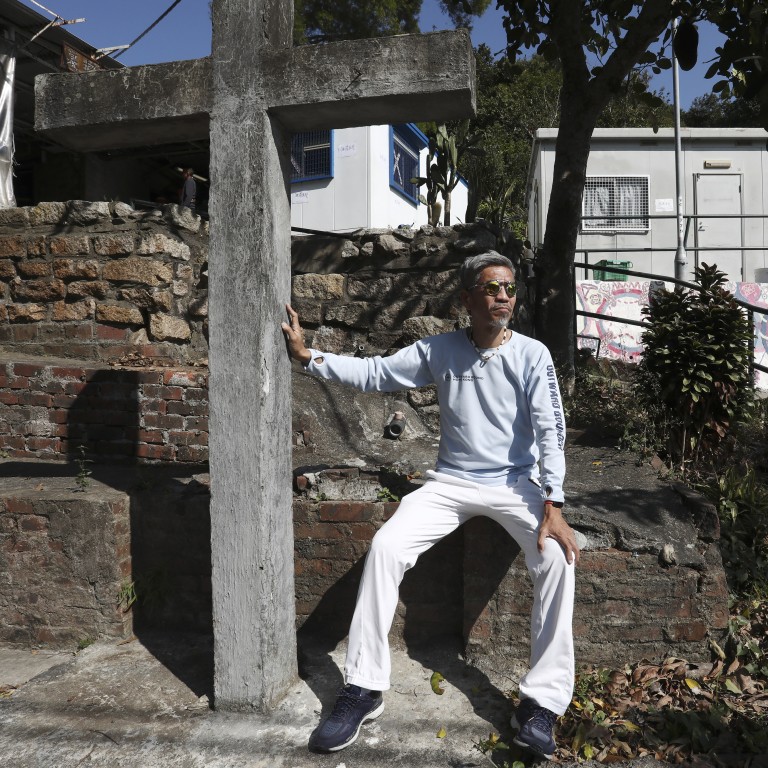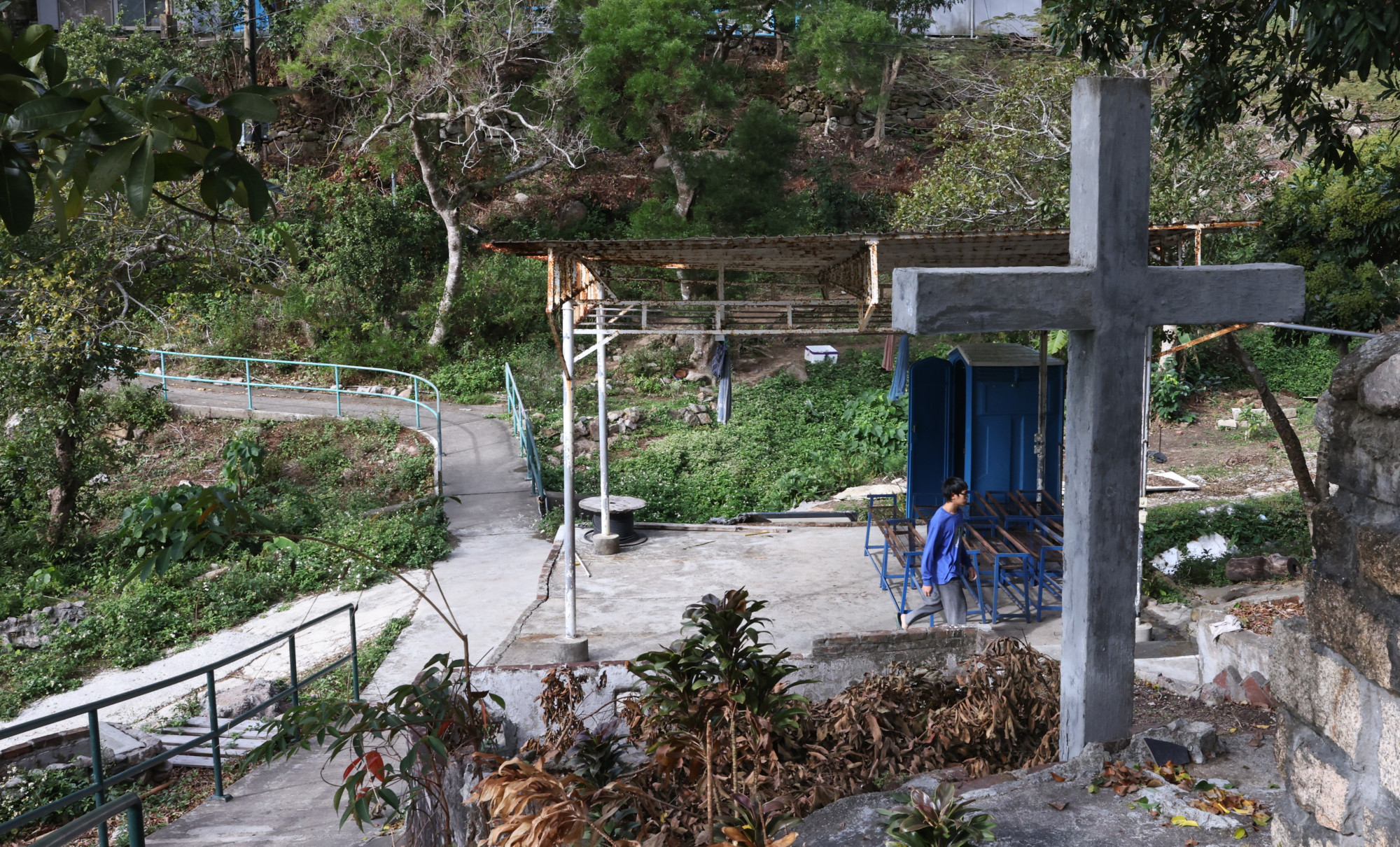
Hong Kong donors gave tens of millions to scandal-hit Christian charity over the years. They are now owed an explanation from directors
- One immediate impact of the scandal involving Christian Zheng Sheng Association is that donors are likely to be wary when giving money to good causes
They were also stunned that Chan’s urgent call for cash in 2020, which raised HK$45 million for the association’s college, might not have been proper as police revealed less than 10 per cent of the proceeds had gone to it.
Police have classed the case as conspiracy to defraud and misrepresentation.
Hong Kong charity fraud case a ‘misunderstanding’: subsidiary supervisor
One immediate impact of the scandal is that donors are likely to be wary when giving money, especially to causes not traditionally “popular” such as for tackling drug addiction, as opposed to helping orphans, for example.
The association is a charitable non-governmental organisation exempted from paying tax under the Inland Revenue Ordinance, but there are no laws supervising fund flows and this episode should serve as a wake-up call for a review of NGO governance rules.
Zheng Sheng, set up almost 40 years ago to help drug addicts, also had its own unconventional practices that donors probably overlooked because of Chan’s permanent charm offensive.
For years, Zheng Sheng was known for its old rustic boarding school and a drug rehabilitation centre, Christian Zheng Sheng College at Ha Keng, a remote valley on Lantau Island, and its unorthodox rehabilitation methods through life education for teenage offenders or young people with behavioural or emotional issues.
Many of its supporters are Christians, including my husband and me. We believed in Chan.
Chan, like a key opinion leader, was a charismatic figure active on his Facebook page, sharing simple homilies and insights. He also used to bring groups of visitors to the college to drum up support.
Principal, 2 directors of Hong Kong charity on run over alleged HK$50 million fraud
Introducing himself as a Christian pastor who had obtained a doctorate in the United States, Chan said the college could boast a near 100 per cent success rate in getting students to quit drugs and return to a normal life.
In 2012, my husband and I joined a tour he led and were astonished to see nearly 100 students on the campus. The boys took cold showers in all seasons using water from mountain streams, widely regarded as a signature part of their training.
Surrounded by barren hills, the college environment was spartan, to put it mildly.

In the heart of the campus was the assembly hall, where students gathered for Sunday church services, meetings, exams and even classes. It resembled a large squatter hut, with a rusty zinc roof and open to the elements.
It immediately evoked sympathy as many of us opened our wallets to donate or pledged to volunteer at the school.
In 2020, Chan highlighted the same dilapidated hall on social media and in press interviews. What he did not show was a new two-storey building for classrooms and kitchens in a corner of the campus built with a HK$62 million government grant.
Within one month of the 2020 cash call, Chan said the mission to have 3,000 people each forking out HK$100 a month had been accomplished. But he never revealed how the money was to be spent or the number of students at the college.
Last week, police said 17 students remained.
As a volunteer for 32 months until 2015, my husband witnessed another side to the story Chan sold to the public.
Every Sunday, he made his way to Cheung Chau to spend the day with the students. But it proved hard for him to ignore the quality of care.
After years of shortfalls, Hong Kong boarding school seeking funds to stay afloat
For example, for months, breakfast for the teenagers consisted of a sausage, a boiled egg and a slice of white bread. That was even after they were once told a foundation set up by Hong Kong’s richest man sponsored their breakfast.
A former student named Keung said most students did not think donations were spent on their daily necessities. Bread, for instance, was the leftovers from a bakery in Cheung Chau while teachers earned below-market rates, up to 30 per cent less, because they were doing it out of a desire to help.
Volunteers and teachers ate meals with the students, so the first thing my husband did back at the Central piers after his work was to find something to eat. He had other concerns as well and tried to bring them up with management but was met with silence.
A student who spent five years on the campus said food was tightly rationed throughout his stay. Other students said management always encouraged them to stay as long as possible at the college.
In reality, student fees were a key source of income. Two former students who were required by probation officers to spend two years there for minor offences ended up living on campus for five years.
In 2019, a senior Education Bureau official told us the principal had repeatedly ignored advice to send students back to mainstream schools after they had spent at most six months in rehabilitation.
Denise Tsang is a news editor at the South China Morning Post

